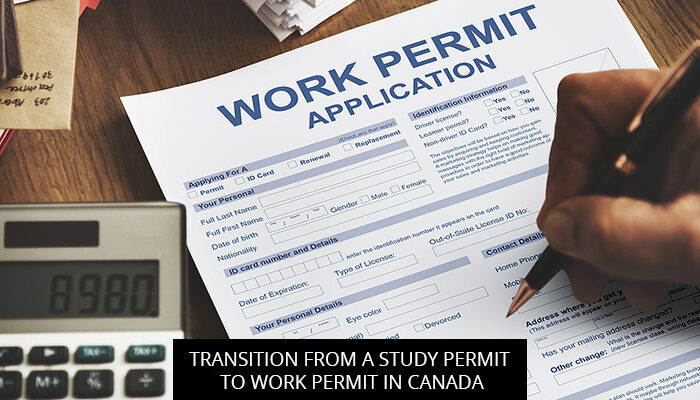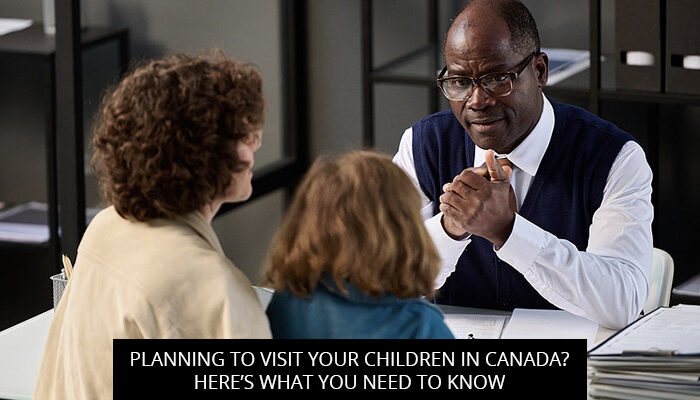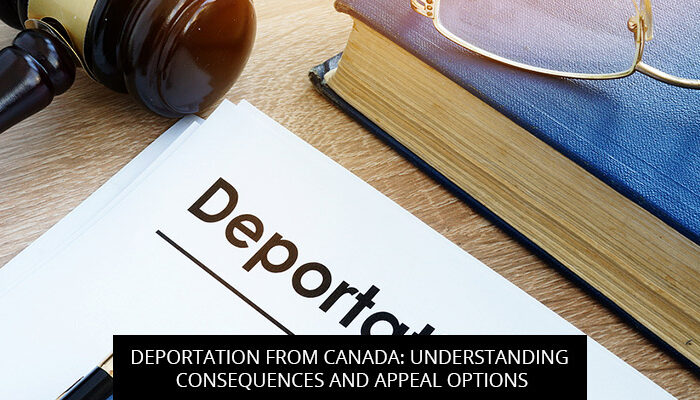Case conference is essentially the parties’ first direct encounter with the court in a family proceeding. After the completion of the pleadings, either party can ask for a case conference. Both parties attending the case conference shall serve and file a case conference brief. The case conference can be conducted by a judge or the person named by the appropriate regional senior judge. Further, the parties need to confirm the court about the conference that parties are willing to proceed with. Such confirmation of conference needs to be filed at least three days prior to the scheduled case conference.
At the case conference, the parties will have a chance to explore the chance of settling the case, identifying the issues in dispute, explore ways to resolve the issues, request disclosure of the documents, note admissions that may narrow the issues or simplify the case, and have the court decide on certain procedural issues. The judge can make interim orders on substantive issues.
The judge at the case conference can also make orders to set the date for the next step in the case; set a specific timetable for the steps to be taken in the case before it comes to trial; organize a settlement conference, or hold one if appropriate; and give directions with respect to any intended motion, including the preparation of a specific timetable for the exchange of material for the motion and ordering the filing of summaries of argument, if appropriate.
One thing that parties need to keep in mind is that neither party shall request a case conference until both parties have attended the Mandatory Information Program (MIP) and a certificate of attendance has been filed. Or a party may be ordered to attend a mandatory information program by the judge at the case conference if the party has not done so. Further, the parties will have to attend the MIP session within 45 days from the start of their case. However, in certain cases, parties may not be bound to attend an MIP session. For example, the MIP session may not be necessary for the parties if the parties agree to the terms pertaining to the required court order; if the parties want just the divorce and nothing else; if the parties want to bring a motion to change a support order; or if the parties have already been to an MIP session etc.
No motion may be heard before a conference dealing with the substantive issues in the case has been completed. However, if there is a situation of urgency or hardship or that a case conference is not required for some other reason in the interest of justice, a party can bring a motion before a case conference takes place.
One thing that parties or even some lawyers may neglect is that case conference briefs do not form part of the continuing record unless the court orders otherwise and shall be returned at the end of the conference to the parties who filed them or be destroyed by court staff immediately after the conference. No brief or evidence prepared for a settlement conference and no statement made at a settlement conference shall be disclosed to any other judge, except in,
(a) an agreement reached at a settlement conference; or
(b) an order.
As such, parties should not include any documents in the case conference brief which they wish to be included in the record.
Case conference is a great chance for the parties to obtain judge’s opinion on their case at an early stage, revaluate their case and decide whether to proceed with litigation or settle. It also allows appropriate party to start receiving child or spousal support or access in the interim while waiting for the trial. Should you require any assistance to navigate through the case conference, “Ayaz Mehdi Professional Corporation” is a full-service firm that has experienced Lawyers to help you navigate through these matters.
Disclaimer: Use of this site and sending or receiving information through it does not establish a solicitor – client (Attorney-Client) relationship. The views expressed and the content provided on this blog is for non-profit educational purposes. It is not, and is not intended to be, legal advice on any specific set of facts. The use of this website does not create a solicitor-client (attorney-client) relationship. If you require legal advice, you should contact a lawyer directly.






